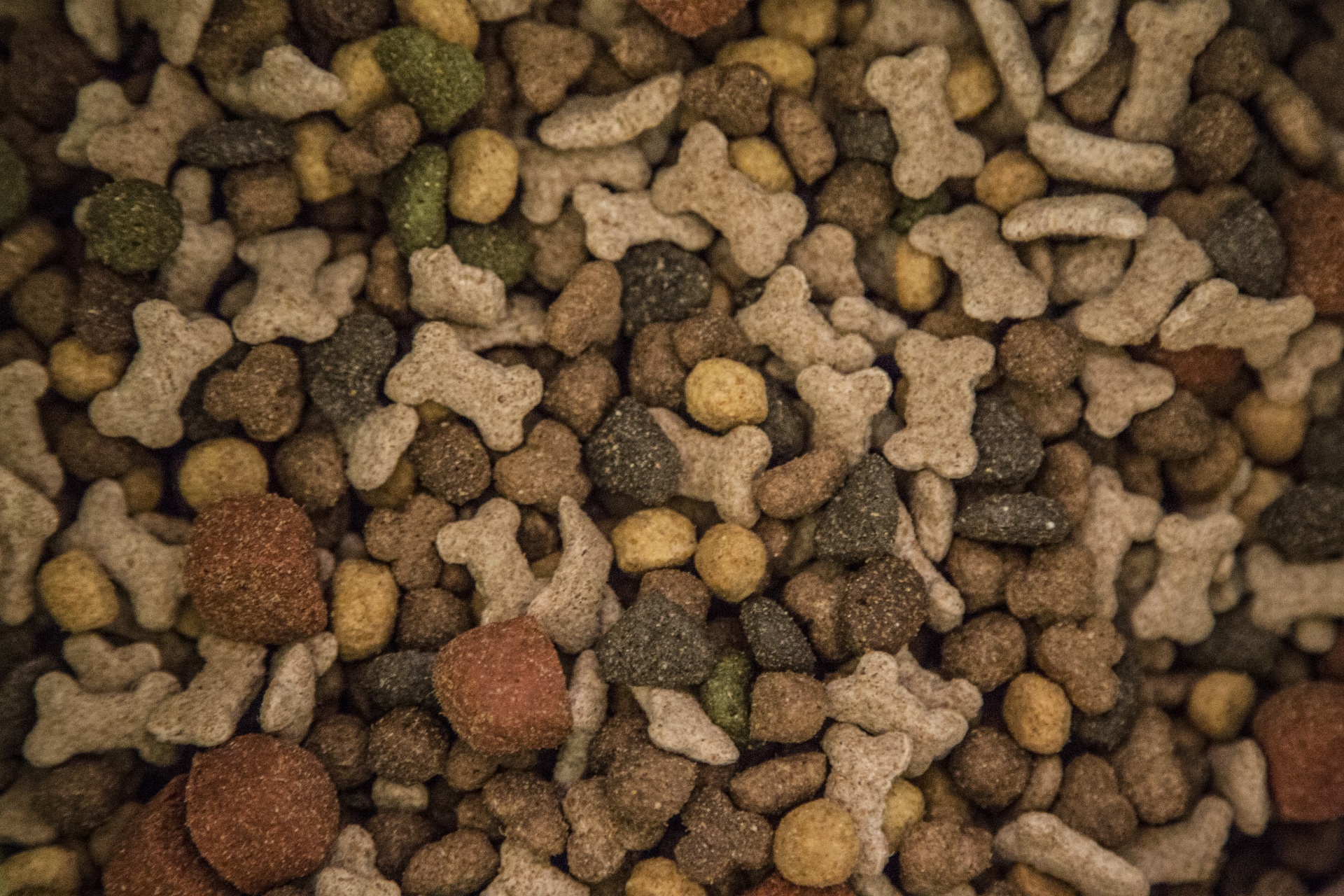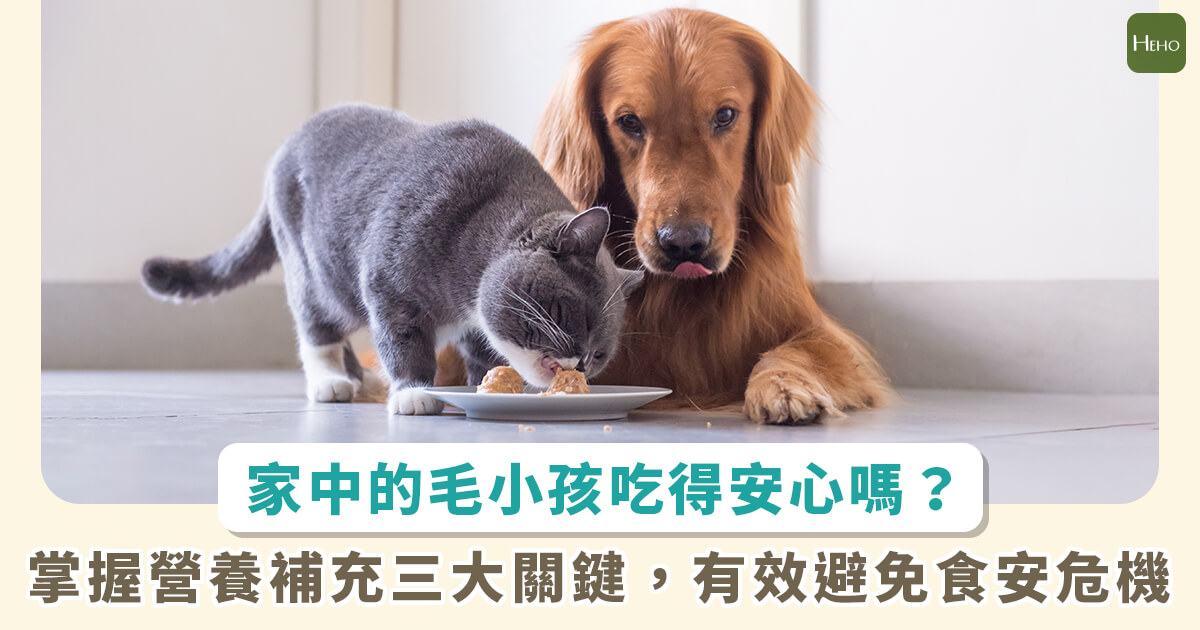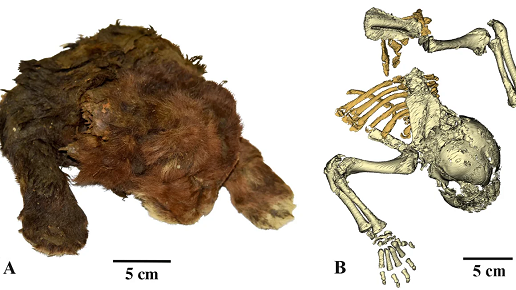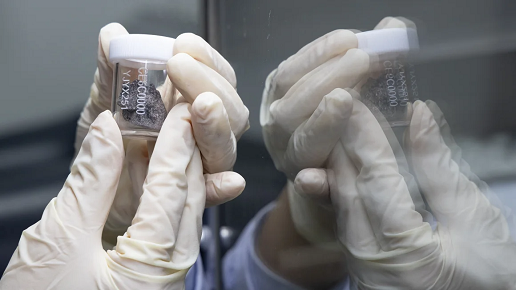Recent reports from pet owners indicate that their cats have developed "hypokalemia" after consuming certain well-known brand pet foods, with some cases even leading to death. This has spotlighted the issue of pet food safety. To help ensure the health of your pets, experts provide three key recommendations.
- Choose High-Quality and Safe Pet Food
According to the Animal Protection Law, all commercial pet foods must comply with safety standards for pathogenic microorganisms and harmful substances. The Ministry of Agriculture conducts random inspections of pet food each year, testing for aflatoxins, pathogenic microorganisms, heavy metals, pesticide residues, preservatives, and antioxidants. By early May this year, the Ministry had tested 72 pet food products, all of which met the legal safety standards.
Dr. Hsiang-Po Yang, president of the Taipei Veterinary Association, emphasizes the importance of checking the ingredient list on pet food labels. Ensure the main ingredients are suitable for your pet, especially if they have allergies or food sensitivities. He advises choosing products that meet international standards such as those set by the FDA in the USA, AAFCO, or FEDIAF in Europe, to guarantee quality and safety.
Additionally, consider the age, size, and activity level of your pets when choosing food. Puppies and kittens require more protein and calories to support growth, while senior pets need special care to manage age-related physiological decline.

Opened pet food should be consumed quickly. Many pet foods prevent mold through low moisture content, making them unsuitable for refrigerator storage due to increased moisture risk. (Image sourced from Public Domain Pictures)
- Practice Proper Feeding Habits
Proper feeding habits are crucial for overall pet health. A Korean veterinarian suggests a "small and frequent" feeding approach to help stabilize blood sugar levels and reduce the risk of digestive issues. Dogs should be fed at least two meals a day, while cats are recommended to have five or more small meals daily.
Owners should choose dry or wet food based on their pet’s specific needs. Pets that are obese, elderly, or have allergies may benefit from specialized diets. Regardless of the feeding method, it’s essential to feed pets on a regular schedule and in controlled amounts to prevent obesity and help monitor their digestive health.
Water intake is also critical. Generally, adult dogs should drink 50 to 100 milliliters of water per kilogram of body weight daily, while cats should consume 40 to 60 milliliters per kilogram. Providing clean and adequate water can effectively prevent dehydration and urinary tract diseases.
- Store Pet Food Properly
Proper storage of high-quality pet food is essential. Purchase food from the original manufacturer or their authorized distributors to ensure quality and safety. Check the expiration date, storage instructions, and contact information on the packaging when purchasing.
Opened pet food should be used up quickly and stored in airtight containers, such as sealed jars or bags, to prevent exposure to air and moisture. Regularly inspect the food for signs of spoilage, and discard any that appears to be compromised.
Avoid buying repackaged pet food from stores, as it can be challenging to guarantee the quality of its contents. Store pet food in a cool, ventilated place, away from direct sunlight and high temperatures. Many pet foods use low moisture content to prevent mold, making them unsuitable for refrigerator storage as the humidity could increase the risk of mold growth.
By following these guidelines, you can ensure that your pets enjoy a safe and nutritionally balanced diet, free from food safety concerns.

Choosing high-quality and safe pet food can prevent "hypokalemia" and even avoid fatal outcomes. (Image sourced from motionelements.com)







